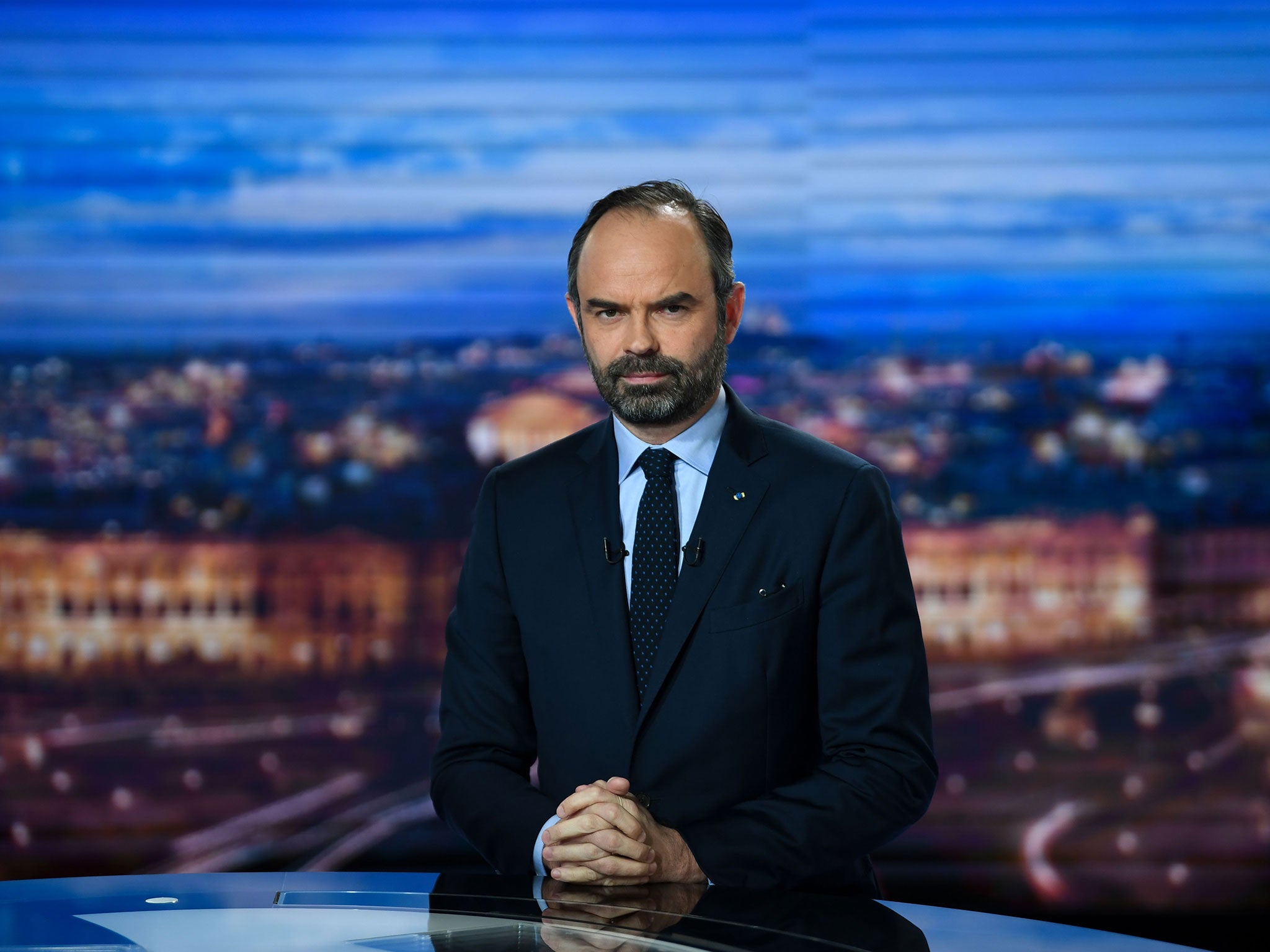French yellow vest protesters face crackdown as government promises new measures to end illegitimate demonstrations
New laws will introduce stronger sanctions for rioters and looters
Your support helps us to tell the story
From reproductive rights to climate change to Big Tech, The Independent is on the ground when the story is developing. Whether it's investigating the financials of Elon Musk's pro-Trump PAC or producing our latest documentary, 'The A Word', which shines a light on the American women fighting for reproductive rights, we know how important it is to parse out the facts from the messaging.
At such a critical moment in US history, we need reporters on the ground. Your donation allows us to keep sending journalists to speak to both sides of the story.
The Independent is trusted by Americans across the entire political spectrum. And unlike many other quality news outlets, we choose not to lock Americans out of our reporting and analysis with paywalls. We believe quality journalism should be available to everyone, paid for by those who can afford it.
Your support makes all the difference.France will toughen punishments for people who take part in undeclared protests, after months of unrest and riots against the government under the banner of the "gilets jaunes" movement.
The prime minister, Edouard Philippe, said the government would change the law to create stronger sanctions against the “thugs” who have brought disruption to Paris and other major cities.
He spoke after rioters torched motorbikes and set barricades ablaze on Paris’s upmarket Boulevard Saint-Germain on Saturday, underscoring how protests against high living costs and President Emmanuel Macron have turned violent on the fringes.
“We need to preserve the right to demonstrate in France and we must sanction those who break the law,” Mr Philippe told TF1 television.
“That’s why the government favours updating the law in order to sanction those who do not respect this obligation to declare protests, those who take part in undeclared protests, those who arrive at protests with balaclavas,” he added.
He said the government could model the new law on existing legislation against football hooligans whereby individuals can be banned from stadiums. It could be introduced as soon as February, he said.
Those who loot and vandalise shops during demonstrations could also be forced to pay for any damage they cause, Mr Philippe also said.

The gilets jaunes – or yellow vests – protest movement began peacefully as opposition to a planned increase in fuel tax in November.
But as the high-visibility jacketed demonstrators grew in number violence and unrest began taking a more prominent role, particularly in Paris.
At the most recent gilets jaunes protest on Saturday, what had started as another peaceful march degenerated in the afternoon, as protesters threw missiles at riot police blocking bridges over the Seine.
Officers fired tear gas to prevent protesters crossing the river and reaching the National Assembly.
One riverboat restaurant was set ablaze and a policeman was wounded when he was hit by a bicycle hurled from a street above the river bank.
In December, Mr Macron announced a series of concessions, including a rise in the minimum wage and scrapping several tax hikes.
However, the former banker – who has been dubbed “the president of the rich” by his critics – refused to reinstate a controversial wealth tax on all those with assets of more than £1.1m.
The gestures failed to placate the protest movement and now Mr Macron’s government has toughened its stance on the rioters and violent activists who have attached themselves to the gilets jaunes.
Additional reporting by Reuters.

Join our commenting forum
Join thought-provoking conversations, follow other Independent readers and see their replies
Comments